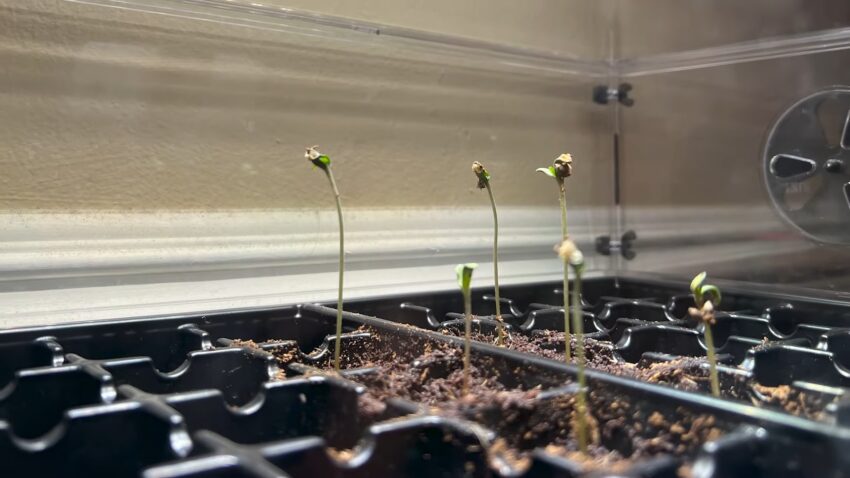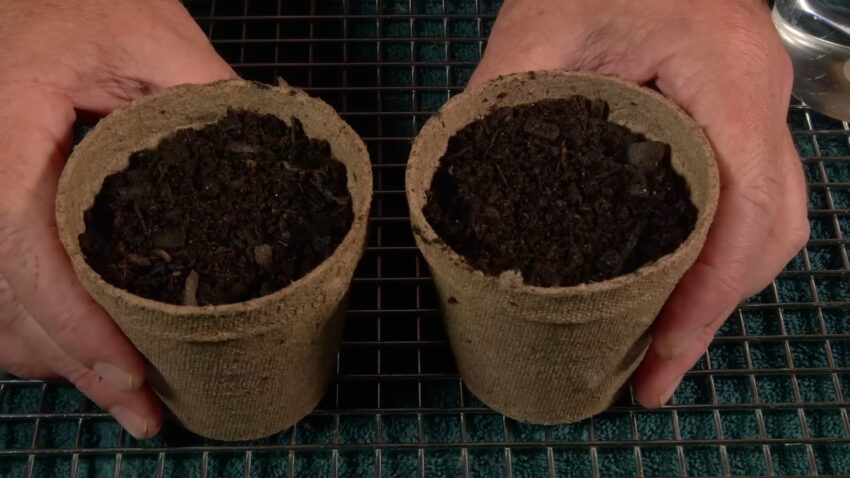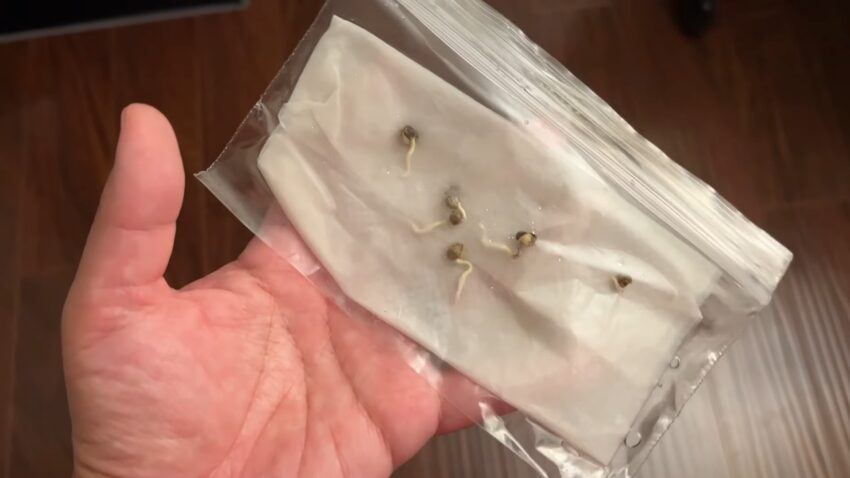As the cannabis industry continues to grow, the demand for high-quality seeds and genetics is on the rise. However, navigating the complex legal landscape surrounding cannabis seed sales and breeding can be challenging. In this article, we will discuss the role of the Drug Enforcement Administration (DEA) in regulating cannabis seed sales, the challenges and opportunities for cannabis breeders, and best practices for navigating DEA regulations. Additionally, we will explore the future of cannabis seed sales and breeding in the context of evolving regulations.
DEA’s Role in Regulating Cannabis Seed Sales
The DEA plays a significant role in regulating the cannabis industry, including seed sales and breeding. It is responsible for enforcing the Controlled Substances Act (CSA), which classifies cannabis as a Schedule I drug. This classification means that cannabis is considered to have a high potential for abuse and no accepted medical use. Consequently, any activity involving cannabis seeds falls under the jurisdiction of the DEA.
The DEA has established specific regulations regarding the importation, distribution, and sale of cannabis seeds. These regulations include:
- Licensing requirements for importers, manufacturers, and distributors of cannabis seeds
- Record-keeping and reporting requirements for businesses handling cannabis seeds
- Security measures to prevent diversion of cannabis seeds to the illegal market
Additionally, the DEA oversees the registration of research facilities and individual researchers who wish to work with cannabis seeds, ensuring that they adhere to stringent guidelines and protocols.
Challenges and Opportunities for Cannabis Breeders
Cannabis breeders face several challenges when navigating DEA regulations, such as:
- Obtaining the necessary licenses and permits to operate within the legal framework
- Ensuring compliance with DEA record-keeping, reporting, and security requirements
- Balancing the need for innovation with the restrictions imposed by DEA regulations
Despite these challenges, there are also significant opportunities for cannabis breeders. The growing demand for high-quality cannabis seeds and genetics presents a lucrative market for breeders who can successfully navigate DEA regulations. Furthermore, as public opinion and legislation evolve, there is potential for reduced restrictions on cannabis seed sales and breeding in the future.
Best Practices for Navigating DEA Regulations
To successfully navigate DEA regulations and thrive in the cannabis seed sales and breeding industry, businesses should consider the following best practices:
- Seek professional legal advice to ensure compliance with all DEA requirements
- Implement comprehensive record-keeping and reporting systems to maintain accurate records of seed sales and breeding activities
- Invest in robust security measures to prevent unauthorized access to cannabis seeds and protect against diversion
- Engage in ongoing research and development to stay ahead of industry trends and emerging regulations
- Network with other industry professionals to share knowledge and best practices
The Future of Cannabis Seed Sales and Breeding

As the cannabis industry continues to evolve, we can anticipate several potential developments that may impact cannabis seed sales and breeding:
- Changes in federal legislation, such as the potential rescheduling or descheduling of cannabis, could lead to a relaxation of DEA regulations and an expansion of the legal cannabis seed market.
- Advances in breeding techniques and genetic research may lead to the development of new and improved cannabis strains, further driving demand for high-quality seeds.
- As more states and countries legalize cannabis for medicinal and recreational use, the global market for cannabis seeds is likely to expand, presenting new opportunities for breeders.
- Increased interest in sustainable and organic cultivation practices may drive demand for specialized cannabis seed varieties that are suited to these methods.
- The emergence of novel applications for cannabis and its derivatives, such as in the pharmaceutical and nutraceutical industries, may further fuel demand for unique and tailored cannabis seed genetics.
Genetic Mapping and Breeding Techniques
Advancements in genetic mapping and breeding techniques have allowed for the development of cannabis strains with specific characteristics, such as increased potency, unique flavor profiles, or resistance to pests and diseases. By leveraging these technologies, breeders can create novel cannabis varieties that cater to specific consumer preferences or address unmet market needs.
Digital Platforms for Seed Sales
Digital platforms, such as e-commerce websites and mobile applications, are revolutionizing the way cannabis seeds are bought and sold. These platforms enable businesses to reach a wider audience, streamline sales processes, and offer a more convenient and personalized shopping experience for customers. By adopting digital solutions, cannabis seed businesses can better position themselves in the competitive online marketplace.
Precision Agriculture and Data-Driven Cultivation

Precision agriculture technologies, including sensors, drones, and data analytics, are transforming the way cannabis is cultivated. These technologies enable breeders and cultivators to optimize growing conditions, reduce resource consumption, and improve crop yields. By leveraging data-driven insights, breeders can refine their breeding programs and develop cannabis seed varieties that are better suited to specific cultivation environments and techniques.
Blockchain Technology and Seed Traceability
Blockchain technology has the potential to enhance traceability and transparency in the cannabis seed supply chain. By creating a tamper-proof digital ledger of seed transactions, blockchain technology can help ensure seed authenticity, prevent counterfeiting, and maintain compliance with regulatory requirements. As the demand for high-quality, traceable cannabis seeds grows, adopting blockchain technology may become an essential component of successful seed sales and breeding operations.
Conclusion
Navigating the complex regulatory landscape surrounding cannabis seed sales and breeding is a challenging endeavor for industry professionals. However, by understanding the DEA’s role in regulating cannabis seed sales, addressing the challenges and opportunities for cannabis breeders, and employing best practices for navigating DEA regulations, businesses can position themselves for success in this rapidly evolving industry.
As the future of cannabis seed sales and breeding unfolds, it is essential for industry professionals to stay informed of emerging trends, regulatory changes, and technological advancements to remain competitive and capitalize on the opportunities presented by this dynamic market. By doing so, breeders and businesses can continue to innovate and contribute to the growth and maturation of the cannabis industry as a whole.











